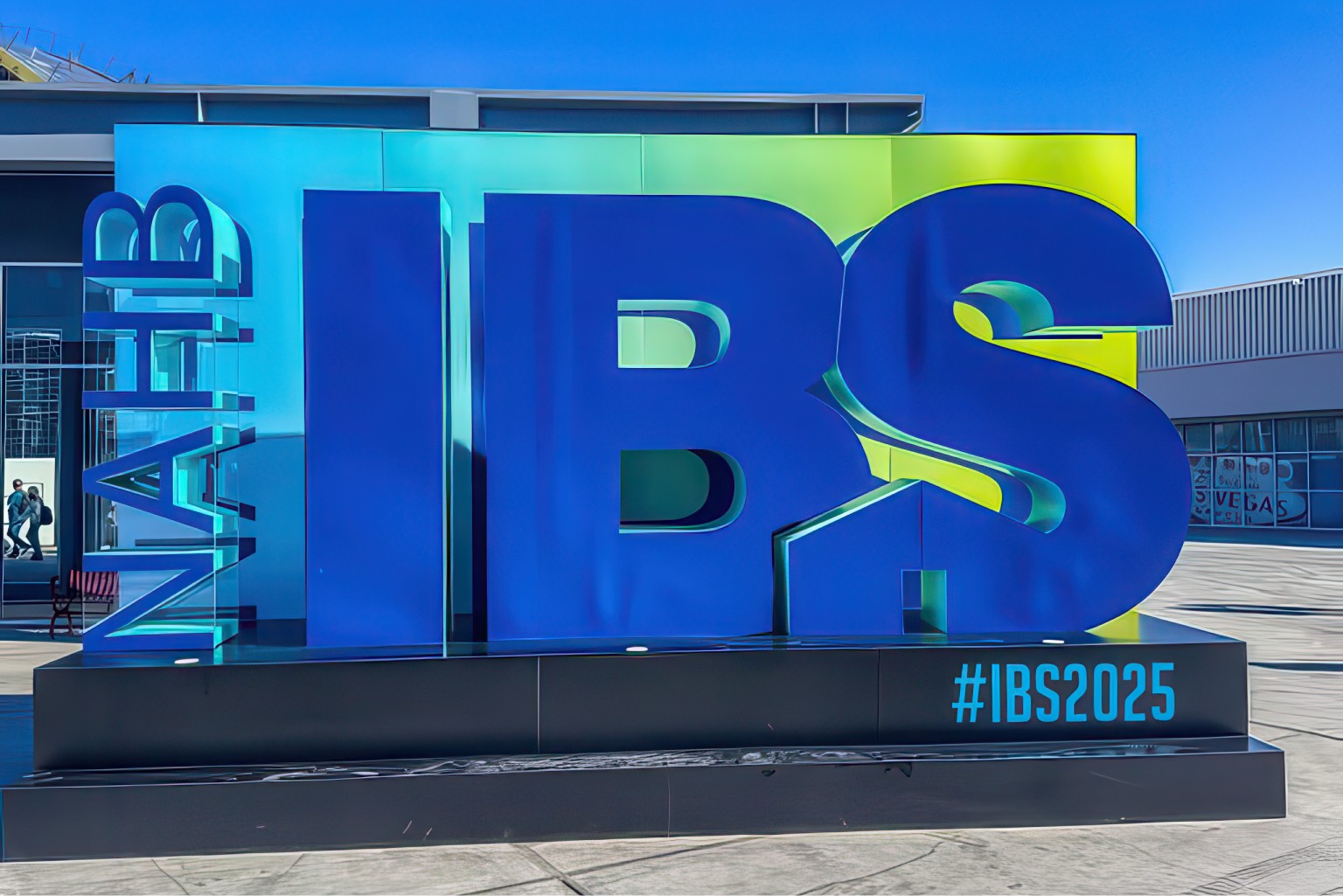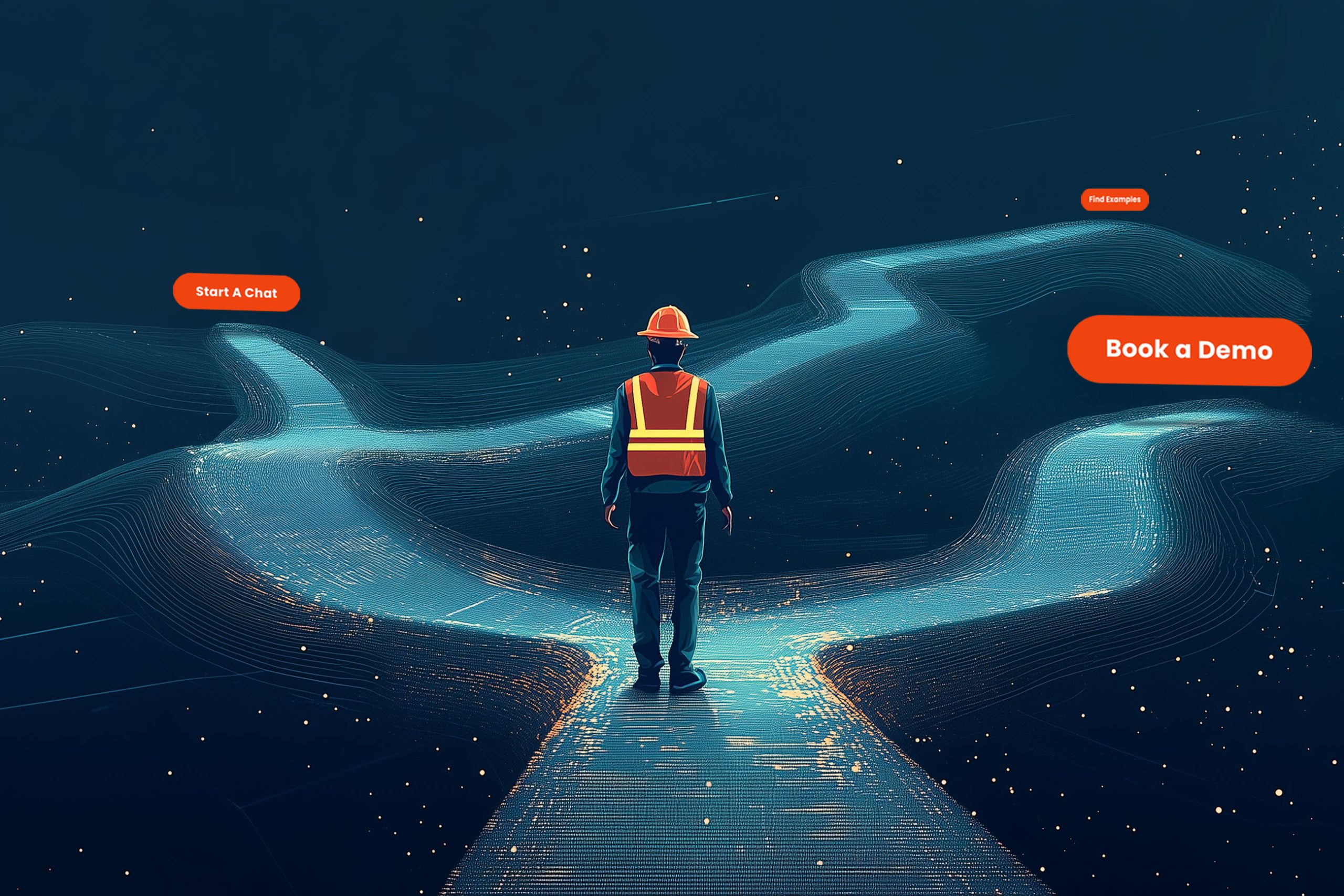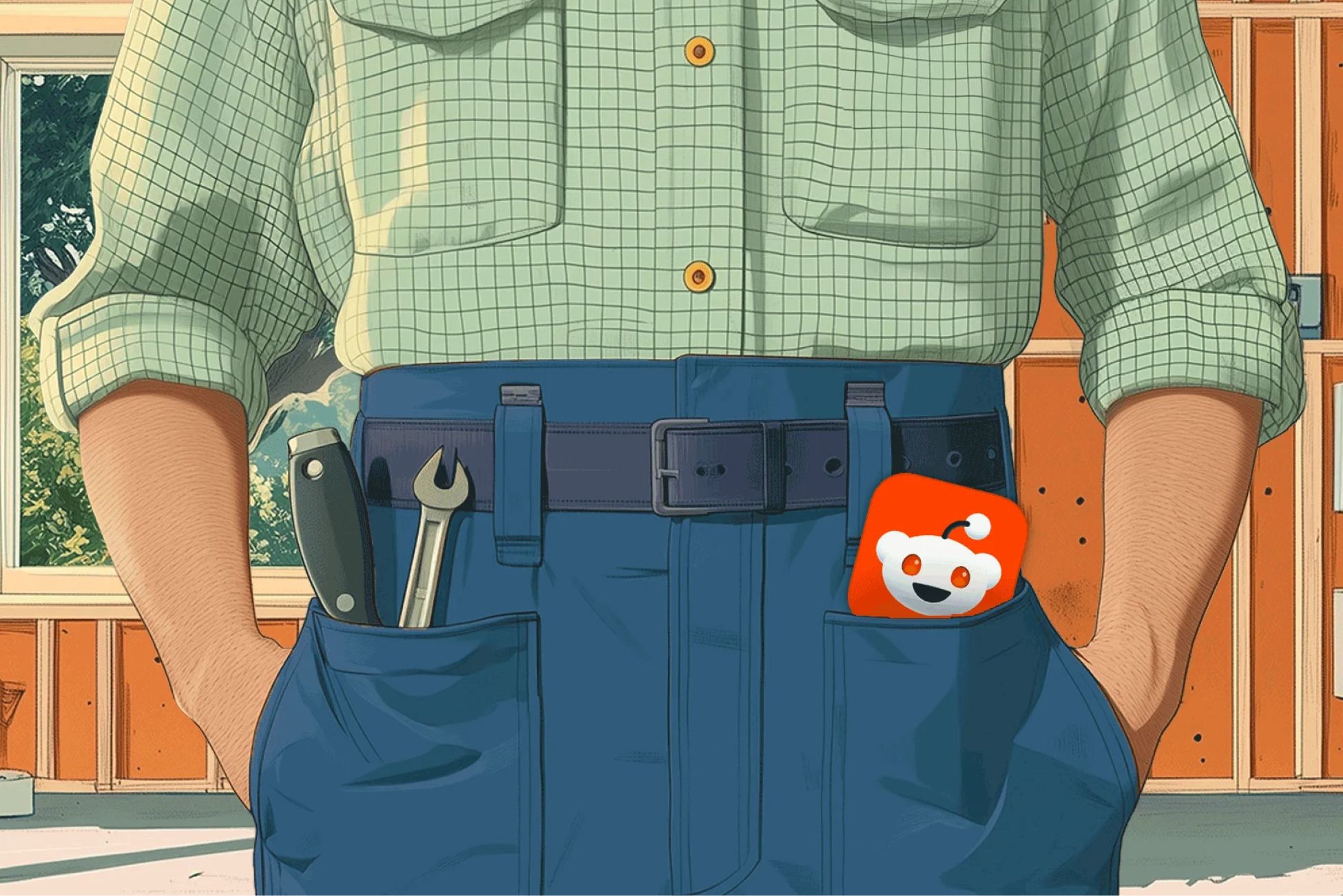Going Phygital: Not Just For Retailers Anymore

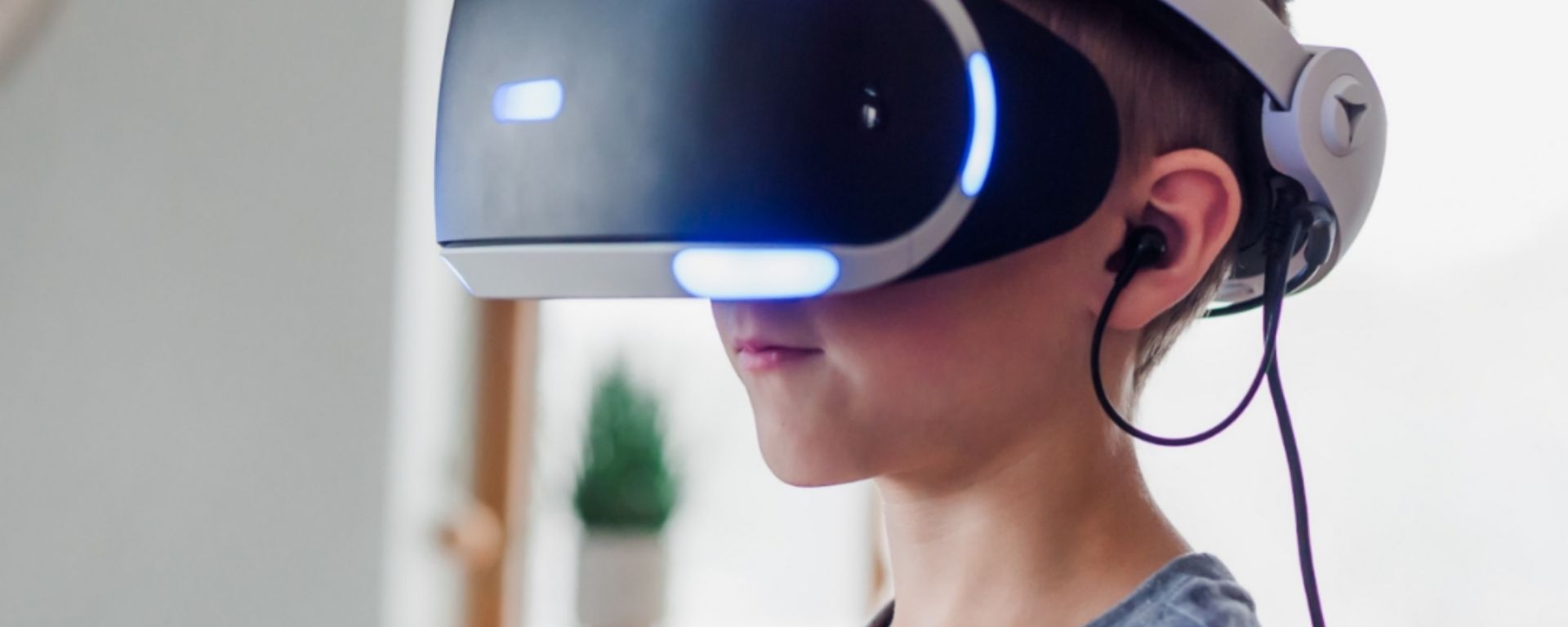
Physical and digital experiences need to connect
At the core of any digital business transformation strategy lie the rewards of going direct to the customer. For companies, that has often meant breaking silos, introducing new processes, and launching new digital experiences. Since “all-things digital” became the focus, many companies with brick-and-mortar spaces were slow to react and saw their footprint dwindle. Their omnichannel strategy became a data challenge rather than an experiential one. Marketing platforms proliferated in hopes of more consumer data, but in the end, only offered more targeted coupons. Often companies were drowning in data, losing sight of what their customers were doing or telling them. Their digital and physical experiences were disconnected.
Pop-up experiences build brand authenticity
E-commerce sales, which now total $135B of retail sales (15% of the total), are growing +12.4% YOY. However, physical retail sales have significantly rebounded since the economic recession of 2008. Physical retail sales, which total $750B of retail sales, still command the lion’s share and are steadily growing +2.0% YOY (1). We’ve also seen a proliferation of pop-up experiences with some touting that we are reaching the peak of experiential marketing (2). Millennials may have influenced this trend, but Gen Z (3), which is the first generation of digital natives, will take it from an experiential marketing gimmick to a more permanent one.
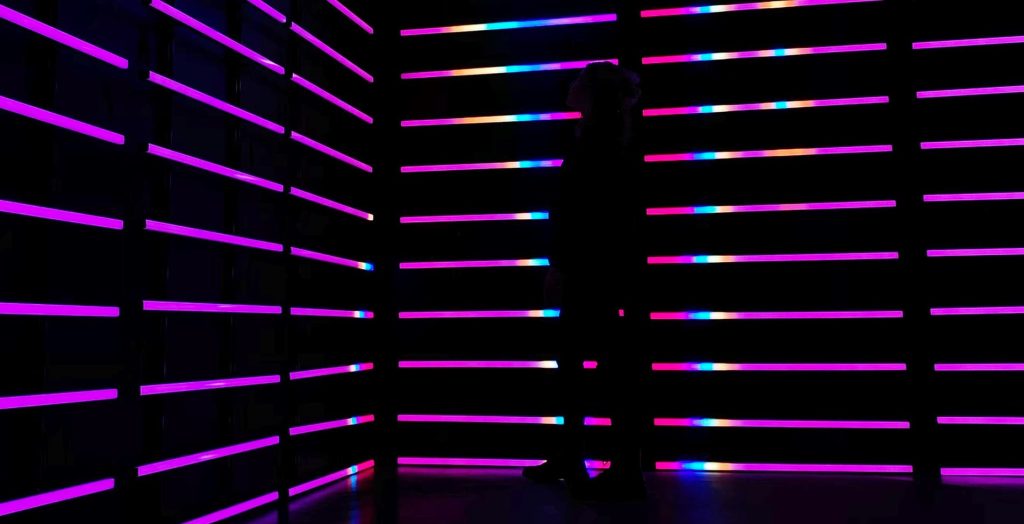
Those in Gen Z, with an estimated $143B in spending power, are seeking authentic experiences more than ever. Influenced by their Gen X parents, they are more practical, skeptical, and independent (4). They are not looking for millions of fans and followers, only ones that they know and trust. The way they interact online is truer to themselves, and their offline experiences are becoming necessary to confirm a brand’s authenticity.
Phygital means a more complete shopping experience
Phygital is now a popular buzzword around the retail world. It’s essentially focusing traditional brick-and-mortar retailers on connecting the best aspects of their online and offline environments to create a more complete retail customer experience. At Simon/Myers, given our roots in designing experiential environments, we take a phygital approach to our work whenever appropriate. Tying our consumer insights strategy to the design of creative customer experiences takes us out of the sea of data and right into the customer experience journey. By focusing on the customer experience journey, we are able to put ourselves in their shoes — seeing online and offline opportunities.
Highlighting experiential insights is key
When we do this, we are developing insights using both qualitative methods, like ethnographic research, and quantitative methods, like online surveys. Our strategy and research teams map the entire customer experience journey and highlight key experiential insights. Since we design digital experiences by prioritizing user stories from the customer’s perspective, we are able to quickly connect them to the offline experiences we create. These opportunities are then prioritized based on ROI and operational considerations. We move clients to action and work with them on continuous improvements. To see the process in action, here is how we helped Delta Faucet Company reimagine their event experiences.
We design phygital experiences with some key principles in mind:
- Relay a clear brand story(ies) across online and offline experiences
- Be authentic (the brand “knows me" and I can relate) with a clear brand voice
- Trigger intentional emotions and actions across the customer experience journey
Supported by online data that help brands to:
- Identify top-performing SKUs/products in a given market
- Identify what target customers/consumers are doing and saying on social media
- Identify issues from reviews and customer service channels to address

The result? Highly impactful, authentic phygital experiences. Since these experiences are “connected,” brands have a continuous feedback loop to always optimize and improve – new SKUs, new experiences, new reasons to go, etc. While the world continues to wrestle with online experiences — like the proliferation of fake news, data breaches, privacy concerns, etc. — offline experiences will play an increasingly important role in delivering authentic brand experiences. A phygital strategy isn’t just for retailers anymore, it’s a company’s customer experience 3.0 strategy. Whether you’re a B2C, B2B, or B2B2C company, ensuring that your physical experiences catch up to your digital ones is a worthwhile investment toward winning the hearts and minds of your existing and future customers.
(1) St. Louis Federal Reserve FRED Database. Note: Physical Retail includes all retail sales excluding food services, motor vehicles/auto parts & fuel. (From “Internet Trends 2019 Report” by Mary Meeker)
(2) AdAge article on experiential marketing.
(3) Generation Z is the demographic cohort after Millennials (born early 1980s to ending mid-1990s). Demographers and researchers typically use the mid-1990s to early-2000s as starting birth years. There is little consensus on ending birth years. It comprises 25% of the US population, making them more numerous than either Baby Boomers or Millennials.
(4) Bloomberg article on how to attract Gen Z consumers.

Subscribe for
more Slant
This site is protected by reCAPTCHA and the Google Privacy Policy and Terms of Service apply.



